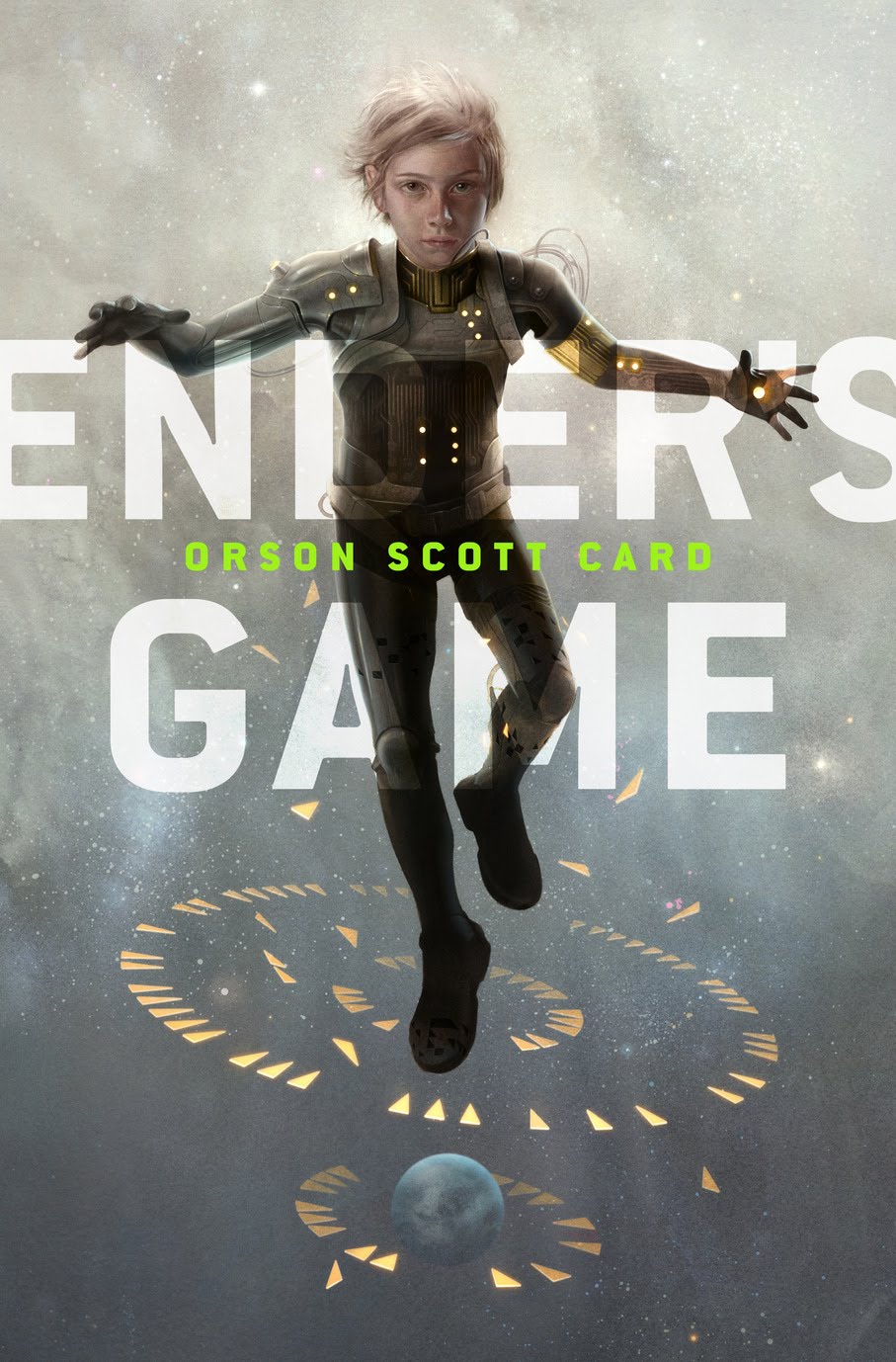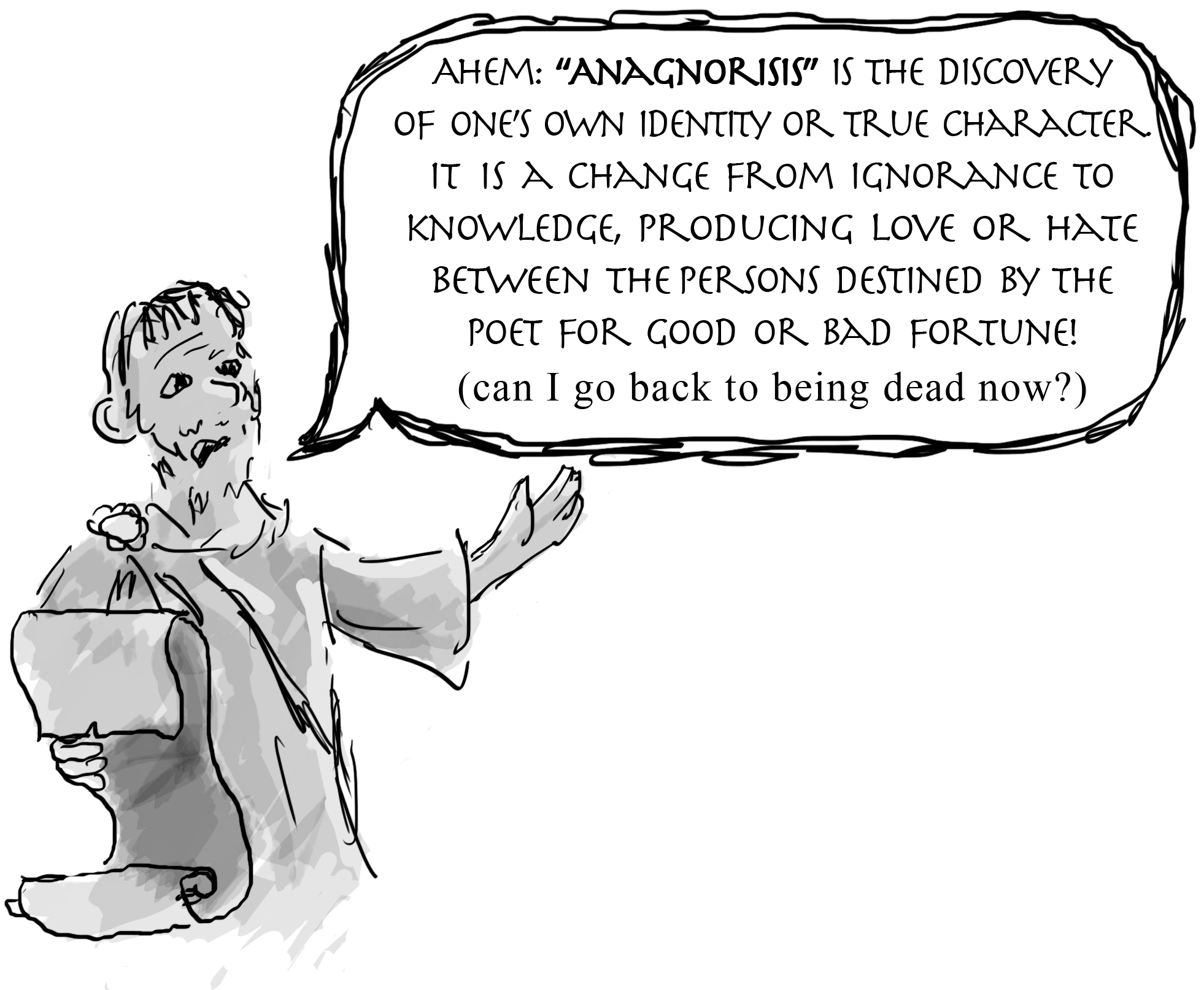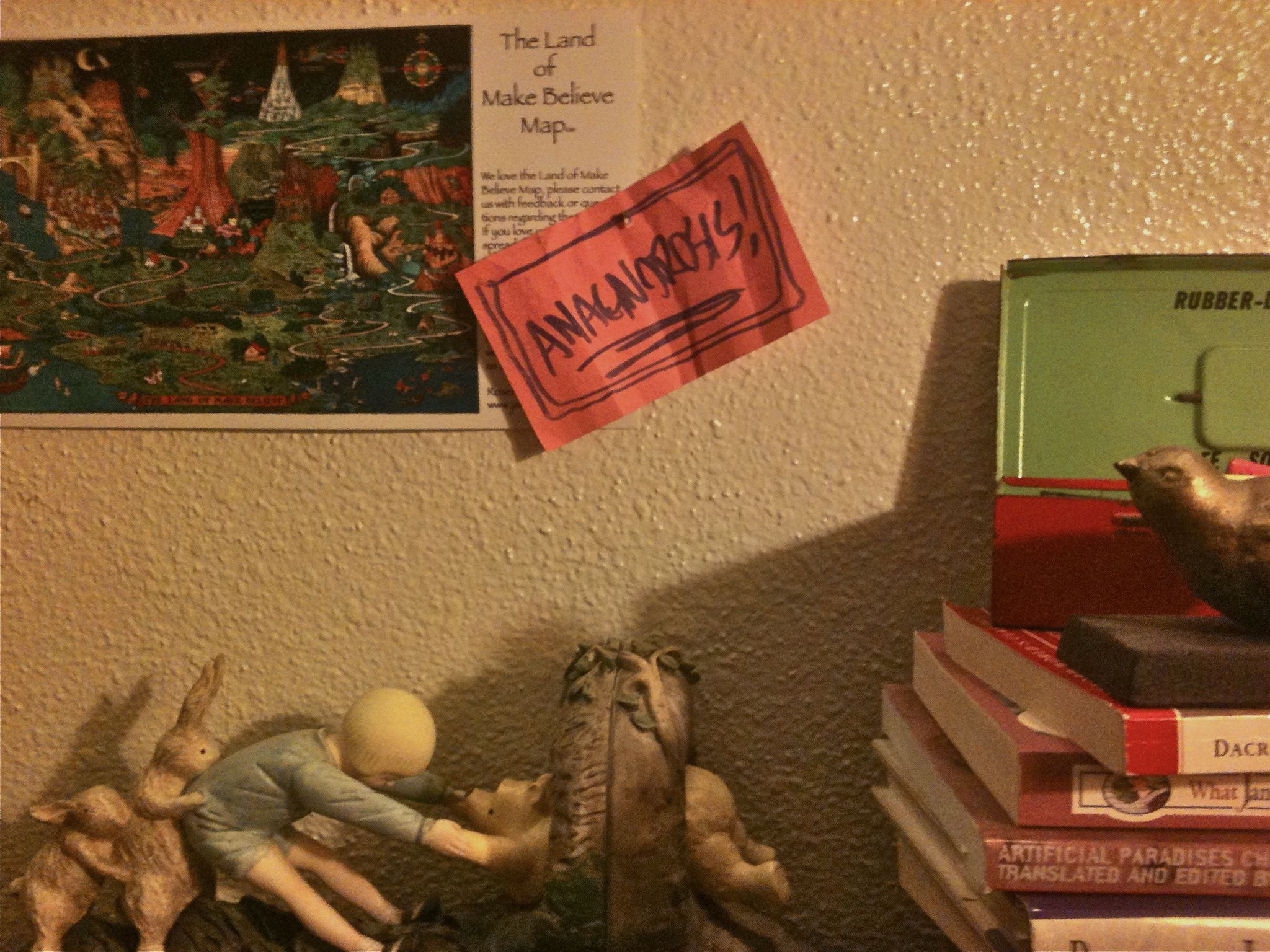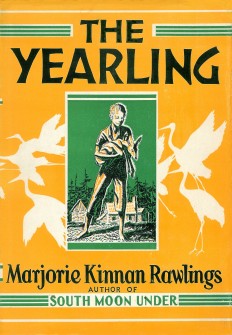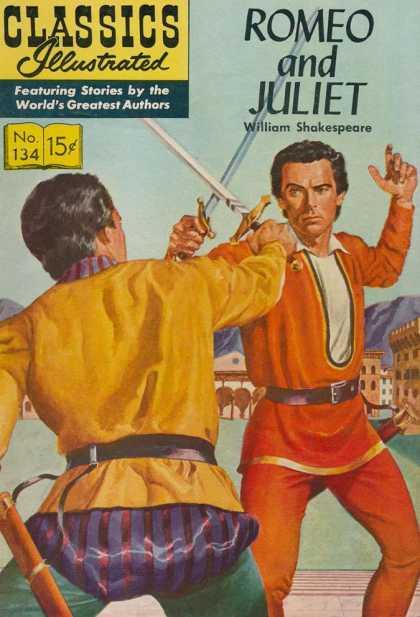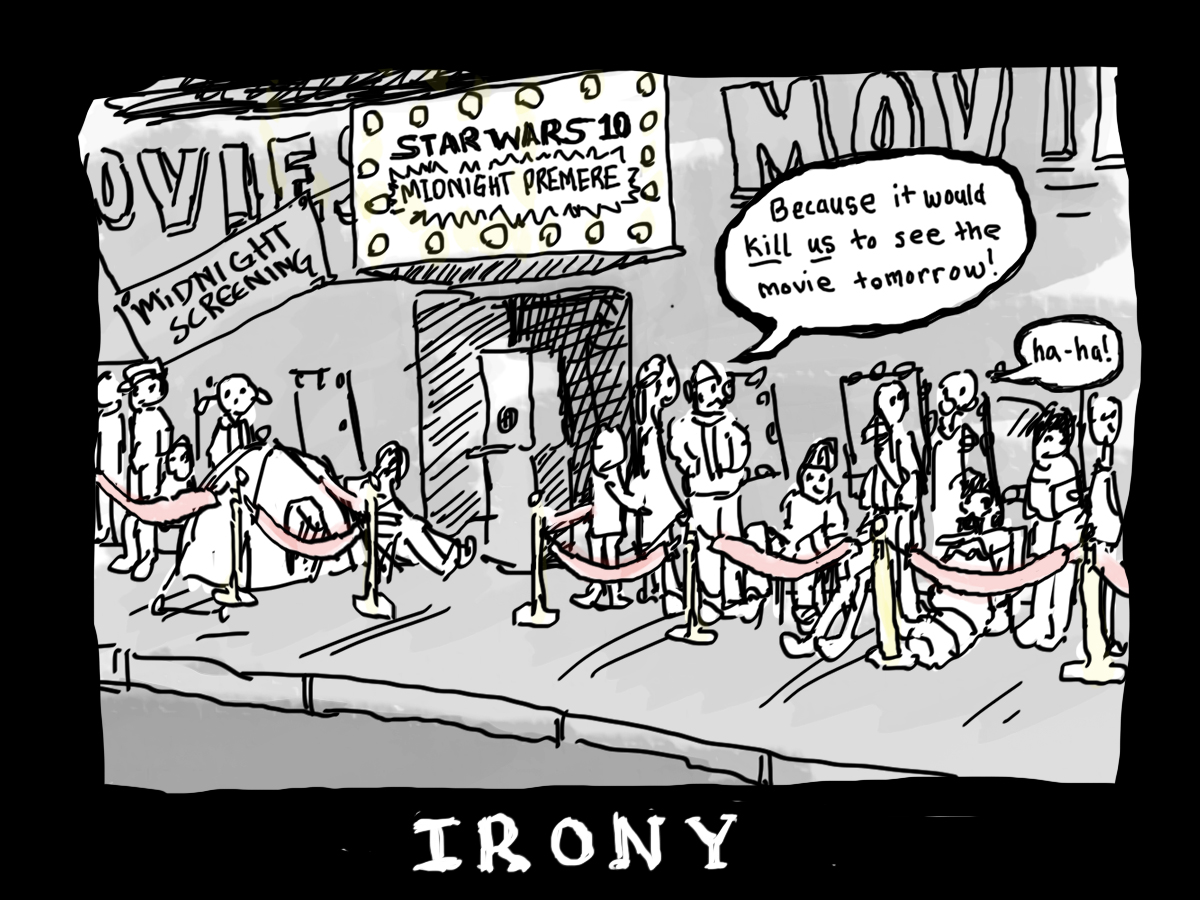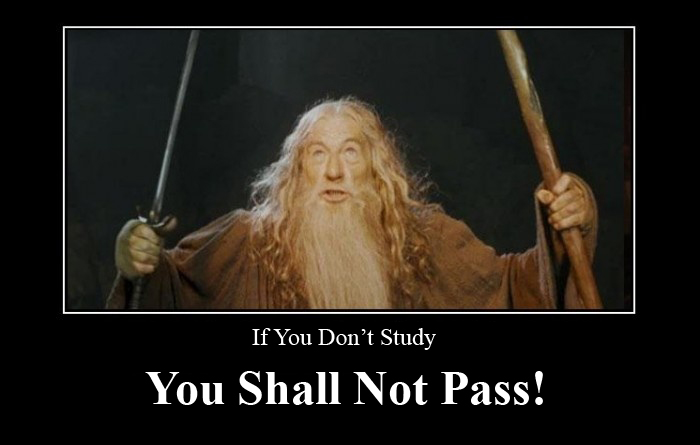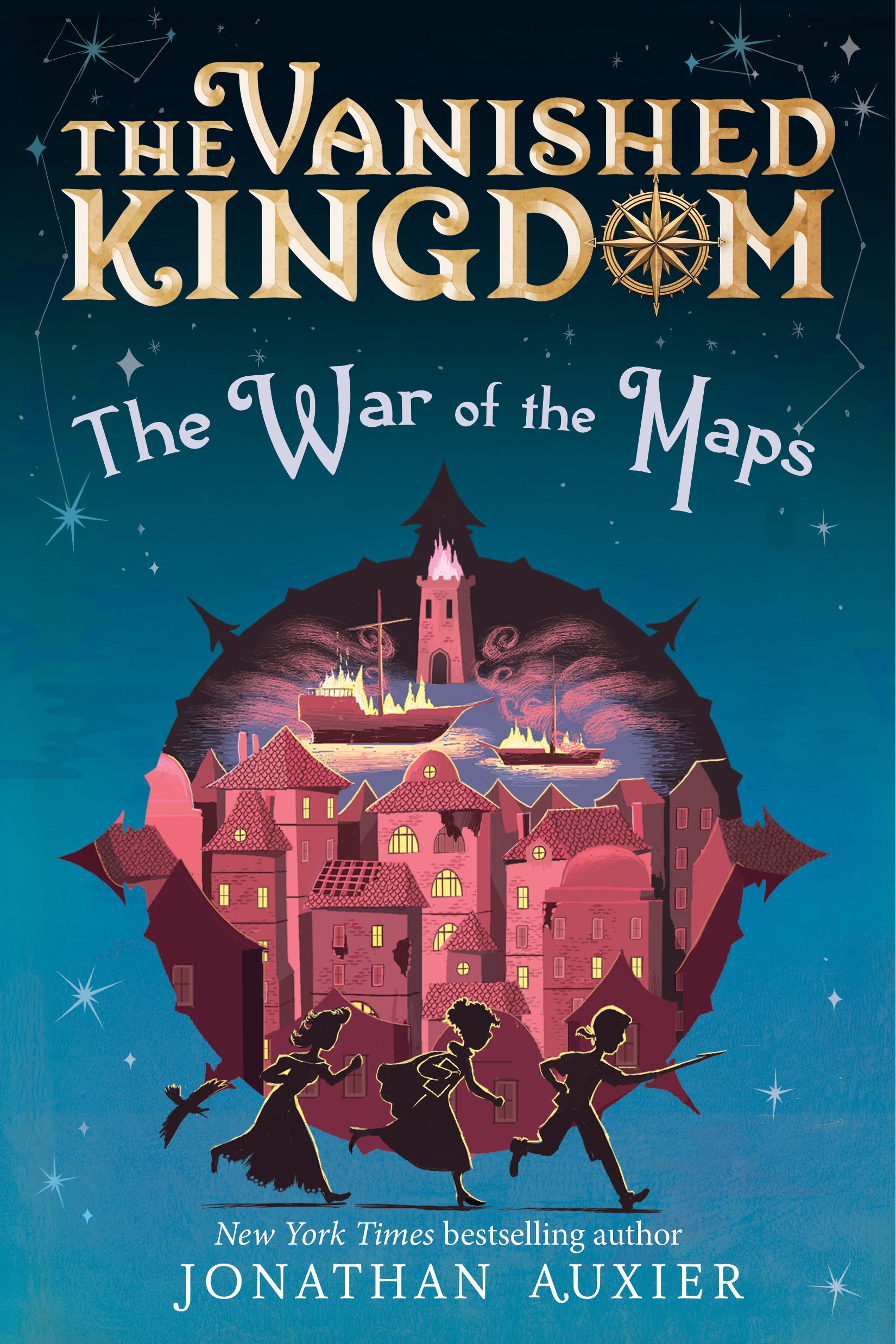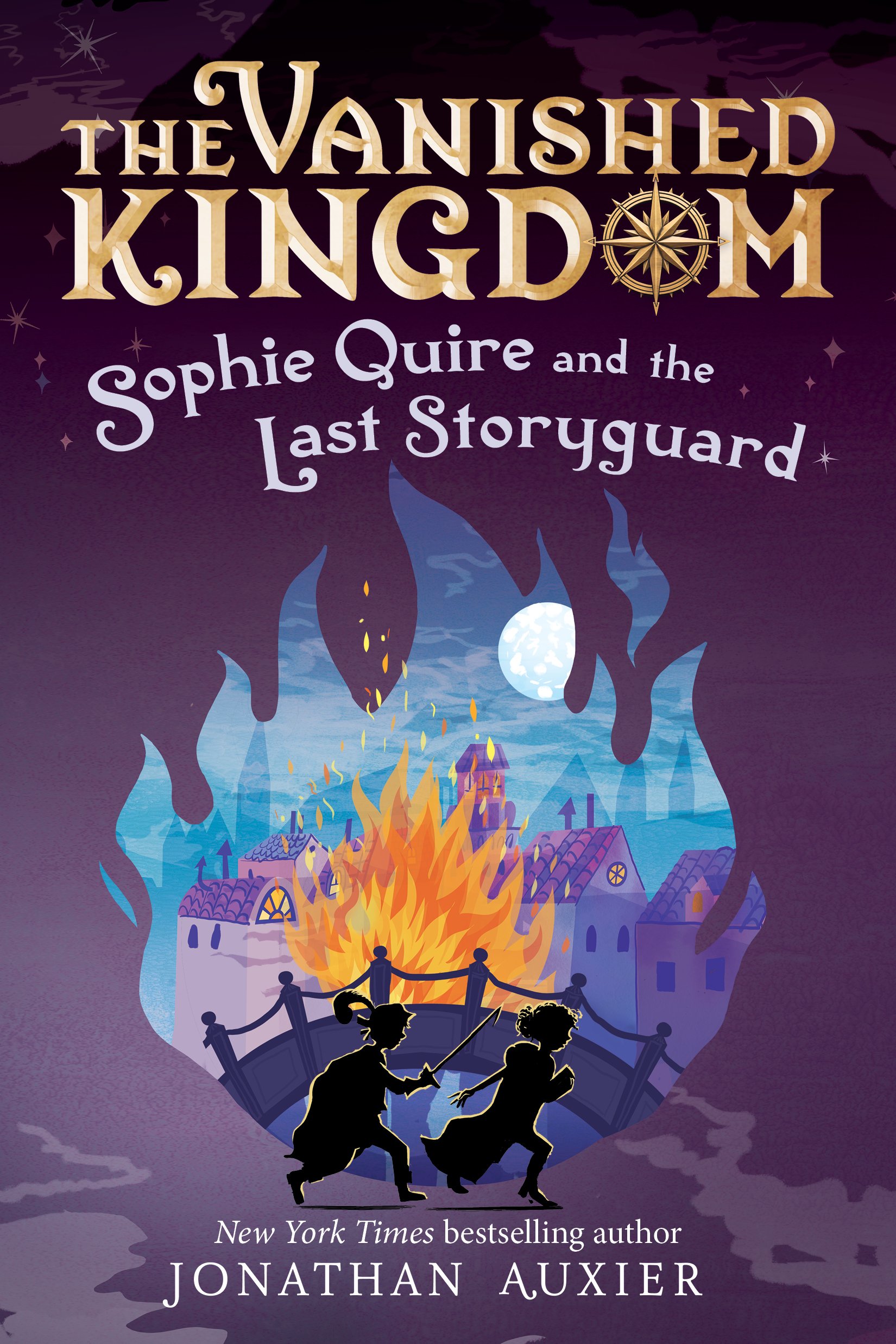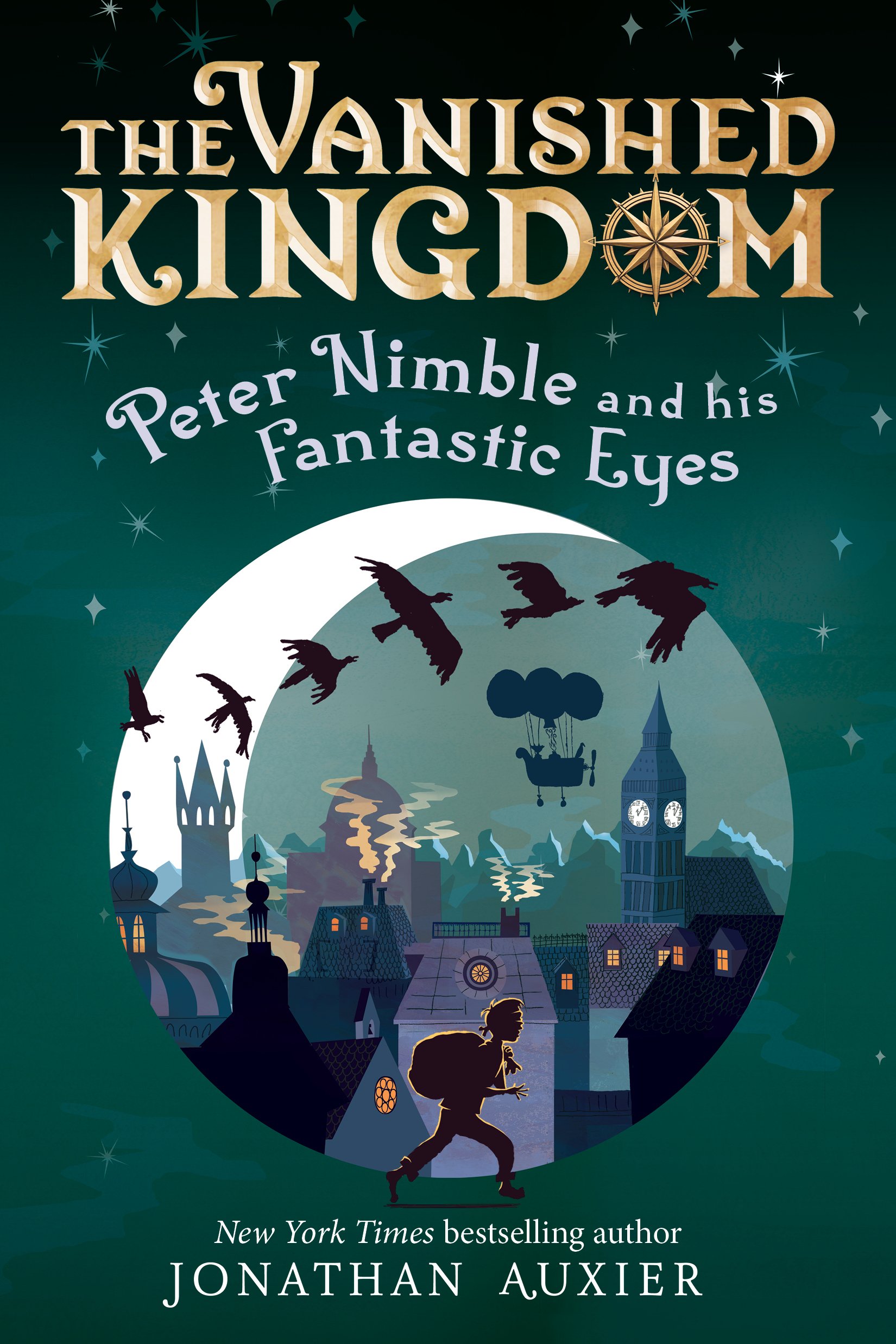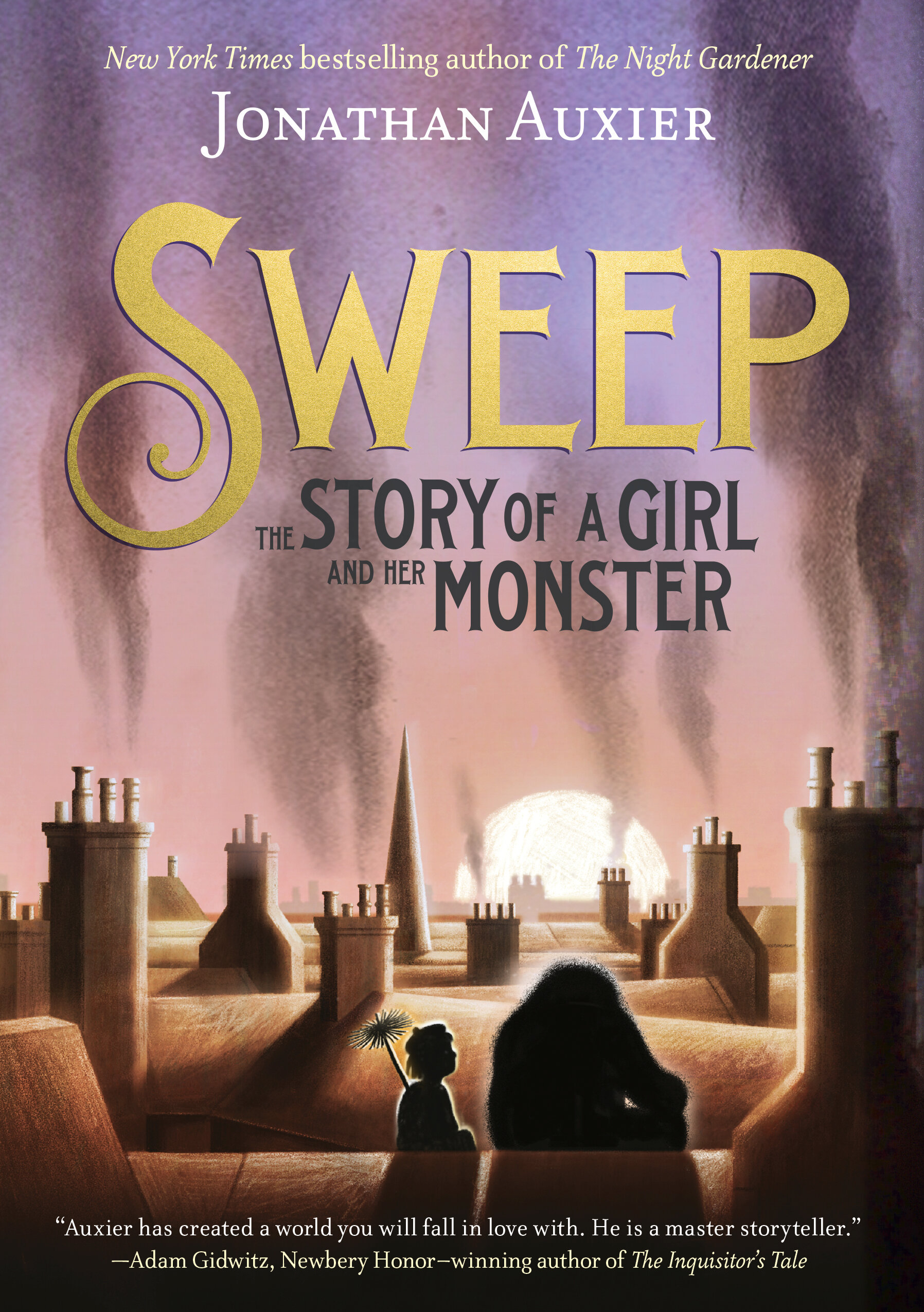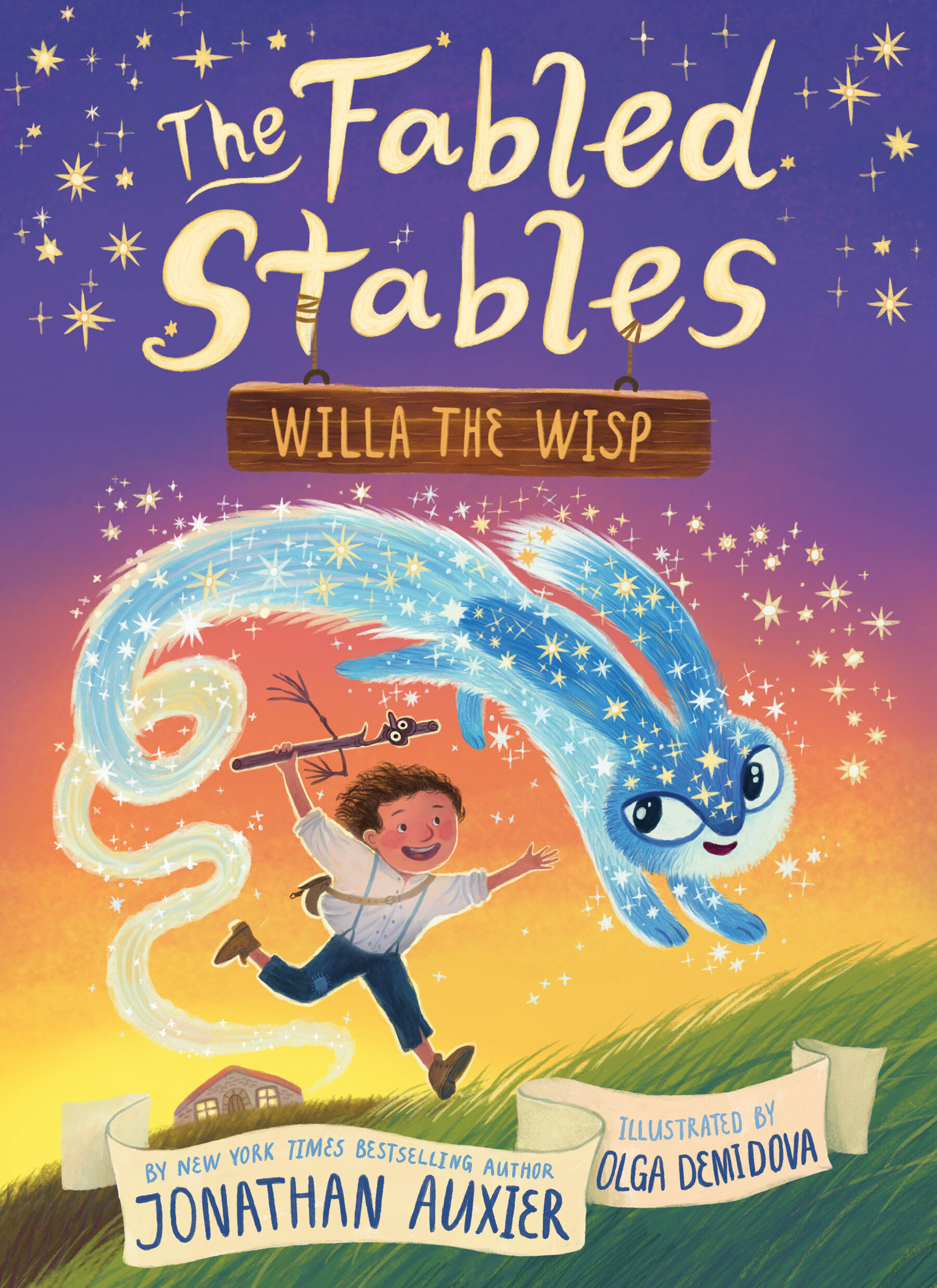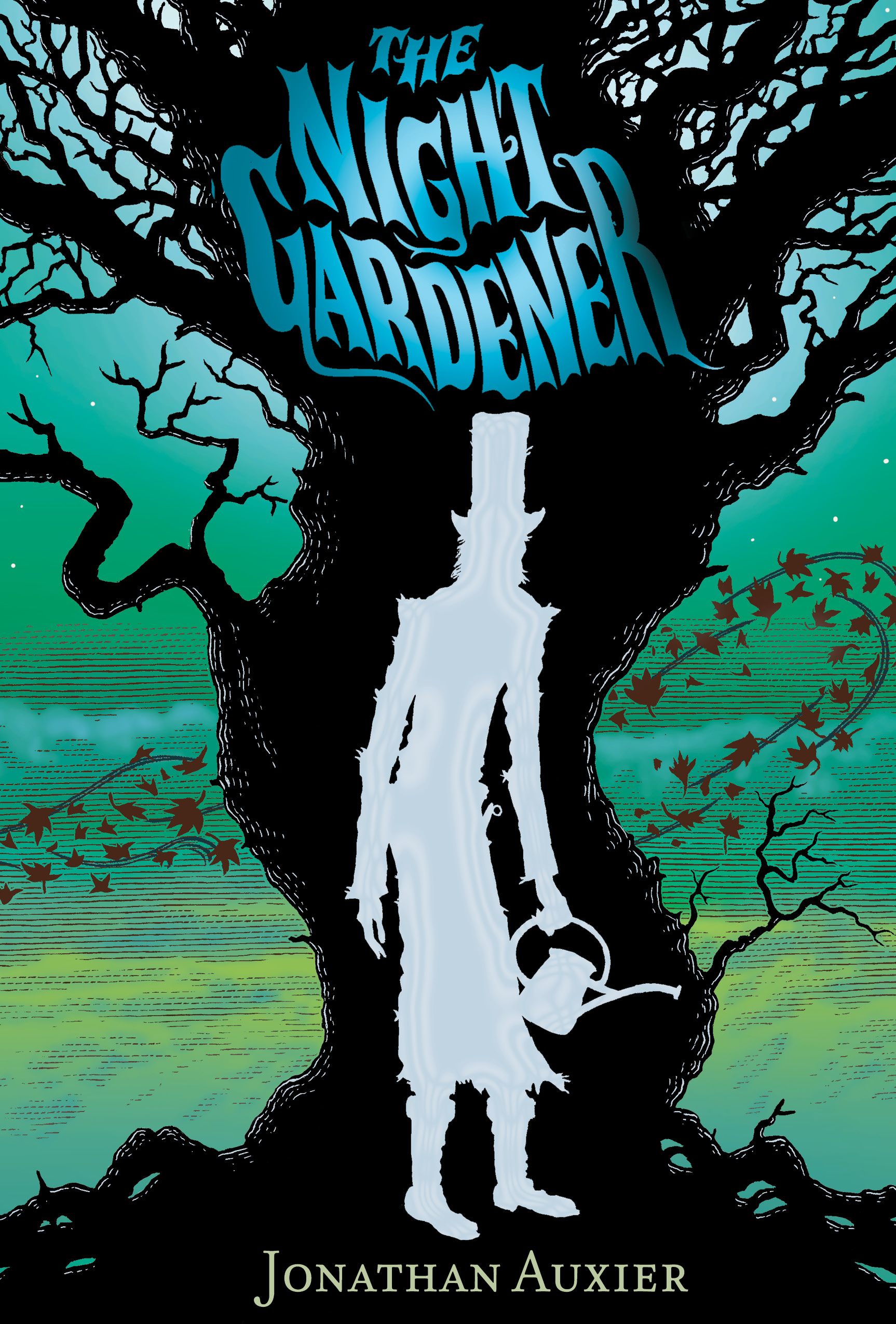GUEST POST: Harry is a Tool, Aang is a Hero
/Hey, Readers! Today I have a treat for you lucky folk in the form of a wonderful guest post by my friend Rob. Some months ago, Rob and I found ourselves in a debate about stories that include a "chosen one" (read about it here). Rob has some interesting ideas -- including a theory as to why Harry Potter isn't really a hero. I'll let him explain ...
* * *
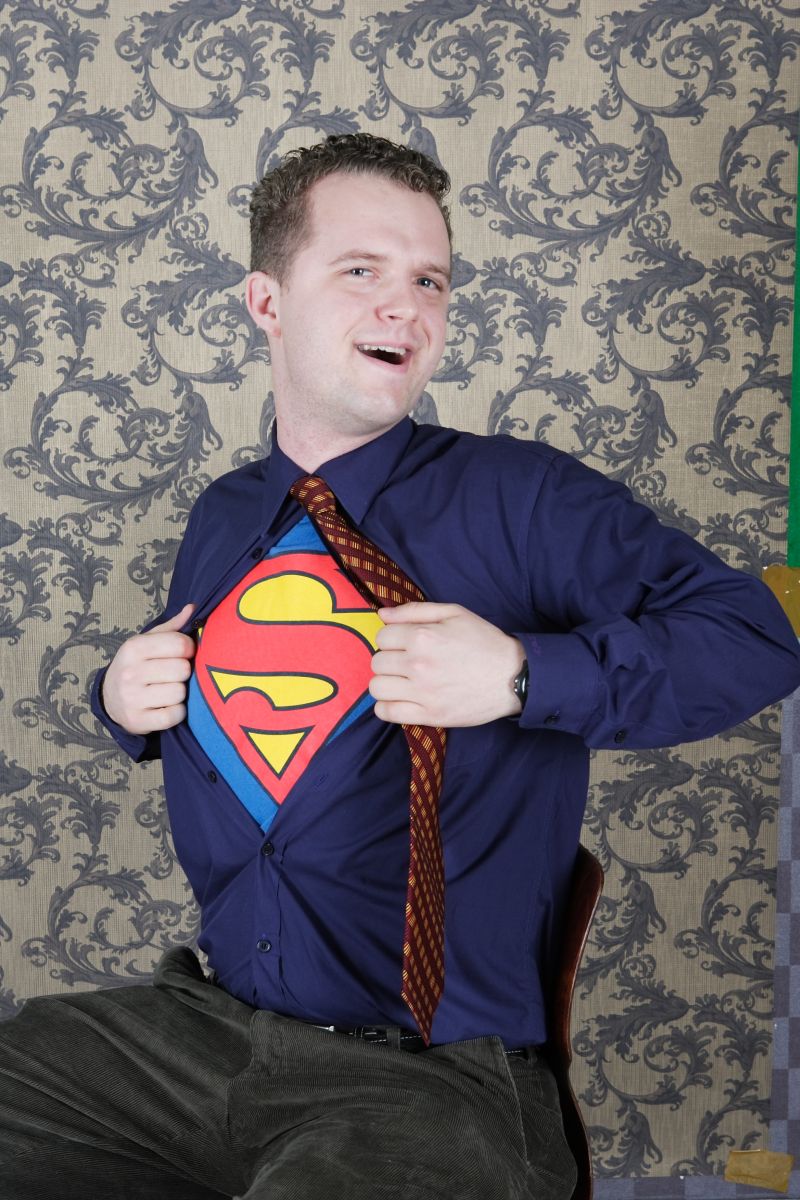 Hi. I’m Rob. Jonathan and I were good friends back when I was handsomer and less hairy. I live in South Korea (not the scary one), and write a blog about South Korea. I’m no expert in fantasy or young adult books, but I am a breathless lover of awesome things and a frustrated thinker-abouter (some editors prefer ‘think-abouterer’) for things that try to be awesome but fail: for example, stories, songs and raspberry sorbets.
Hi. I’m Rob. Jonathan and I were good friends back when I was handsomer and less hairy. I live in South Korea (not the scary one), and write a blog about South Korea. I’m no expert in fantasy or young adult books, but I am a breathless lover of awesome things and a frustrated thinker-abouter (some editors prefer ‘think-abouterer’) for things that try to be awesome but fail: for example, stories, songs and raspberry sorbets.
We once discussed what Jonathan called “prophecy stories,” stories featuring “Chosen Ones” like Harry Potter, Ender Wiggin and King Arthur, here, here, here and here. “Chosen Ones” have some great destiny expected (sometimes prophesied) of them. Now, I thrill to a great hero story, but not any old hero thrills me: I’m not easy. So let’s talk about some “Chosen Ones” I adore:
**Spoiler Alerts** for The Harry Potter Series, Ender’s Game, and Avatar: The Last Airbender (TV series)
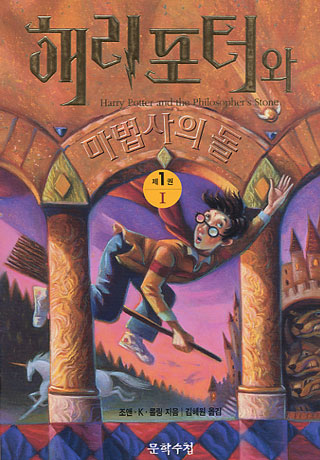 Harry Potter started off as my favorite hero ever. The first three books were fun and gripping, the characters were lively and hilarious. Courage, cleverness, and awesome friends helped Harry, and the author threw him a rope when he got in too deep.
Harry Potter started off as my favorite hero ever. The first three books were fun and gripping, the characters were lively and hilarious. Courage, cleverness, and awesome friends helped Harry, and the author threw him a rope when he got in too deep.
Then, in book four, Harry’s preparations for the Triwizard Tournament were as last-minute and half-hearted as his quest for a date to the Yule Ball. When Harry learns he won the tournament because somebody wanted him to, a hero would think, “That should have been my hide. I’d better not bank on luck again.” The time had come to start kicking butt through resourcefulness and preparedness, not courage and luck.
Cue training montage:
Harry forms Dumbledore’s Army. He also lies about his connection with Voldemort, quits Occlumency, walks into more traps, and fails to get the information Dumbledore needs without JK Rowlicis... oops I mean felix felicis.[2. A description of felix felicis can be found here] Instead of watching a kid learn from mistakes and improve, we watch Harry beat himself up for his mistakes and resent a lot of stuff. Holden Caulfield, yes. Heroic, no.
But the undoing of Harry the hero is this: long ahead of time, Dumbledore and Snape knew Harry had to die to destroy Voldemort[3. As revealed in Deathly Hallows, pg 686] Except they didn’t tell Harry! In Chamber of Secrets, Dumbledore says, “It is our choices, Harry, that show what we truly are,” but by hiding vital information until it was far too late for Harry to do anything but sacrifice himself, Snape and Dumbledore (mostly J.K. Rowling) robbed Harry of real choice.
And that means I read seven books to learn Harry’s a weapon aimed by Dumbledore and Snape, or a cog in Rowling’s plot mechanism: less heroic either way. It means the first three books telling me he was the crucial choice-maker in the series, were misleading me.
Yet I give Ender Wiggin a pass, though he had no choice in Ender's Game, either. Why? Because once he learned the consequences of his choices, he took ownership of them. Because heroes live with their choices, and learn from them, and change (heroes don’t walk into another trap in book five, and another in Godric’s Hollow, despite what happened to Cedric and Sirius).
Also, nothing in Harry Potter reaches the level of nuance and insight Ender displays here:
“In the moment when I truly understand my enemy, understand him well enough to defeat him, then in that very moment I also love him. I think it's impossible to really understand somebody, what they want, what they believe, and not love them the way they love themselves. And then, in that very moment when I love them--"
"You beat them."
Ender Wiggen was special from birth, but he was also recruited for his talent: Ender had to pass a test before going to Battle School to fulfill his destiny. Excalibur didn’t magically come out of the stone for him. His talents, though, made him especially suited to perform his task.[4. Jonathan here: Rob also made a generous comparison between Peter Nimble and Ender Wiggen, which I cut because it made me blush.]
Finally, which “Chosen One” checks every box? My favorite hero right now is a boy named Aang, from the awesome Nikelodeon cartoon series “Avatar: The Last Airbender”.
![]() In Aang’s world, some people can “bend” or control one of the four elements -- Earth, Air, Water, and Fire. The Avatar is a continually reincarnating person with power to control all four, tasked with keeping the four elements in balance. So ... imagine the Dalai Lama was a diplomat with superpowers. But Aang ran from his Avatar training, and got frozen in ice for a century while the Fire Nation took over. Now, he must take up the responsibility he once shirked, master all four elements, and then defeat the Fire Nation king to restore balance.
In Aang’s world, some people can “bend” or control one of the four elements -- Earth, Air, Water, and Fire. The Avatar is a continually reincarnating person with power to control all four, tasked with keeping the four elements in balance. So ... imagine the Dalai Lama was a diplomat with superpowers. But Aang ran from his Avatar training, and got frozen in ice for a century while the Fire Nation took over. Now, he must take up the responsibility he once shirked, master all four elements, and then defeat the Fire Nation king to restore balance.
Traveling with a team of friends, Aang masters the four elements. He learns, in his training and in his relationships. Aang deals with the guilt of abandoning the Air Nation (who were wiped out). He is also a kid, and acts like one. He plays pranks, cracks people up, and makes faces at babies. The supporting characters are humans too, with strengths and flaws, journeys, and tough choices. They suffer loss, and even grieve. They learn from mistakes. Or they don’t. Each earns the fate they receive.
For the final battle, sprits of previous Avatars encourage Aang to kill the Fire King. Aang’s journey has made him hate killing, so he is unwilling to live with having made that ultimate choice. Instead, Aang negotiates a new path, true to his values as well as his duty as Avatar. By balancing his individuality and his destiny, Aang’s “Chosen One” journey is totally satisfying.
These stories show me I like heroes who take control of their situations, earn their victories, and own their choices - including mistakes. Their authors put them in situations where they are real people with real choices, not just props and placeholders. Without these elements, even “Chosen Ones” (perhaps especially them) fail to move me.
Call me picky.
* * *
Thanks for the fantastic insights, Rob! Bloggers Matt Bird and Tanner Higgin have been after me to watch Avatar for ages now ... between your three recommendations, I find myself with no choice but to check it out! Ooh, look! It's on Netflix ... (promptly wastes the entire afternoon)

